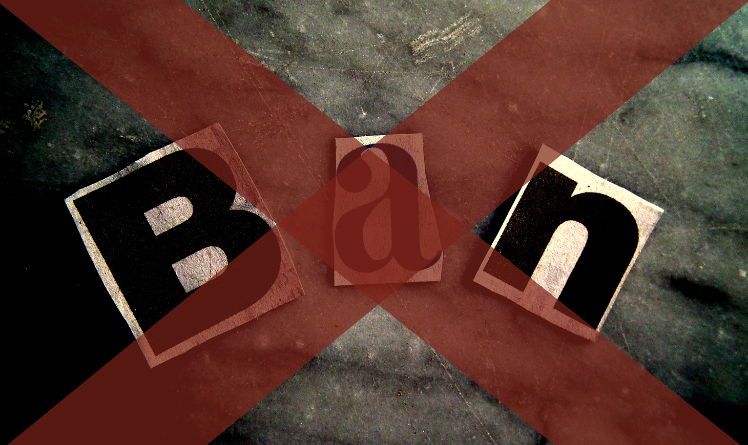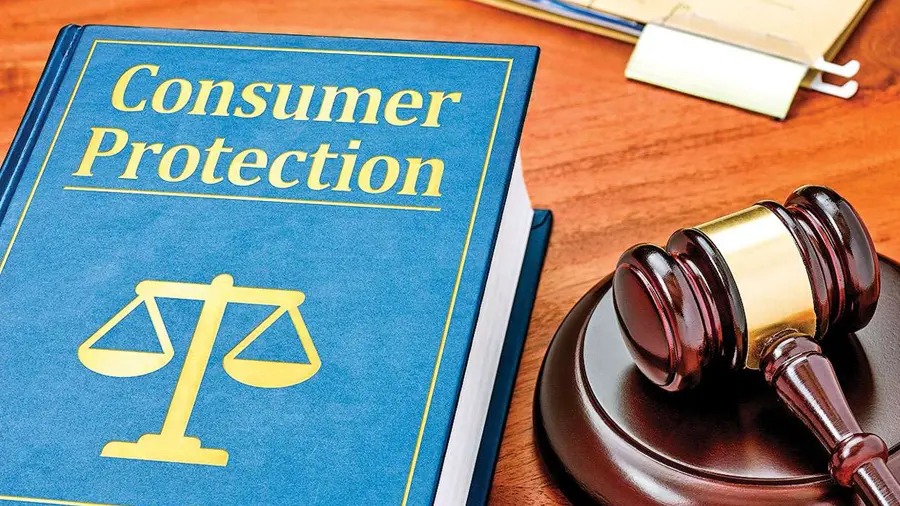New Delhi: The Central Consumer Protection Authority (CCPA) under the Department of Consumer Affairs has notified ‘Guidelines for Prevention of Misleading Advertisements and Endorsements for Misleading Advertisements, 2022’ with an objective to curb misleading advertisements and protect the consumers, who may be exploited or affected by such advertisements.
The guidelines seek to ensure that consumers are not being fooled with unsubstantiated claims, exaggerated promises, misinformation and false claims. Such advertisements violates various rights of consumers such as right to be informed, right to choose and right to be safeguarded against potentially unsafe products and services.
The CCPA has been established under section 10 of the Consumer Protection Act, 2019 for regulating matters relating to violation of the rights of the consumers, unfair trade practices and false or misleading advertisements which are prejudicial to the interests of public and consumers and to promote, protect and enforce the rights of consumers as a class.
In exercise of the powers conferred by section 18 of the Consumer Protection Act, 2019, to CCPA, the Guidelines were notified
Misleading advertisement has already been defined under section 2(28) of the Consumer Protection Act, 2019.
The present guidelines define “bait advertisement”, “surrogate advertisement” and clearly provides what constitutes as “free claim advertisements”.
Keeping in view the sensitiveness and vulnerability of children and severe impact advertisements make on the younger minds, several preemptive provisions have been laid down on advertisements targeting children. Guidelines forbid advertisements from exaggerating the features of product or service in such manner as to lead children to have unrealistic expectations of such product or service and claim any health or nutritional claims or benefits without being adequately and scientifically substantiated by a recognized body. Guidelines says that advertisement targeting children shall not feature any personalities from the field of sports, music or cinema for products which under any law requires a health warning for such advertisement or cannot be purchased by children.
Disclaimers in advertisements play a pivotal role from consumer perspective since, in a way it limits the responsibility of the company. Therefore, guidelines stipulates that disclaimer shall not attempt to hide material information with respect to any claim made in such advertisement, the omission or absence of which is likely to make the advertisement deceptive or conceal its commercial intent and shall not attempt to correct a misleading claim made in an advertisement. Further, it provides that, a disclaimer shall be in the same language as the claim made in the advertisement and the font used in a disclaimer shall be the same as that used in the claim.
Similarly, clear Guidelines are laid for duties of manufacturer, service provider, advertiser and advertising agency, due diligence to be carried out before endorsing and others. Guidelines aims to protect consumer’s interest through bringing in more transparency and clarity in the way advertisements are being published, so that, consumers are able to make informed decisions based on facts rather than false narratives and exaggerations.
Penalty for violating the Guidelines are also clearly outlined. CCPA can impose penalty of upto 10 lakh rupees on manufacturers, advertisers and endorsers for any misleading advertisements. For subsequent contraventions, CCPA may impose a penalty of upto 50 lakh rupees. The Authority can prohibit the endorser of a misleading advertisement from making any endorsement for upto 1 year and for subsequent contravention, prohibition can extend upto 3 years.







